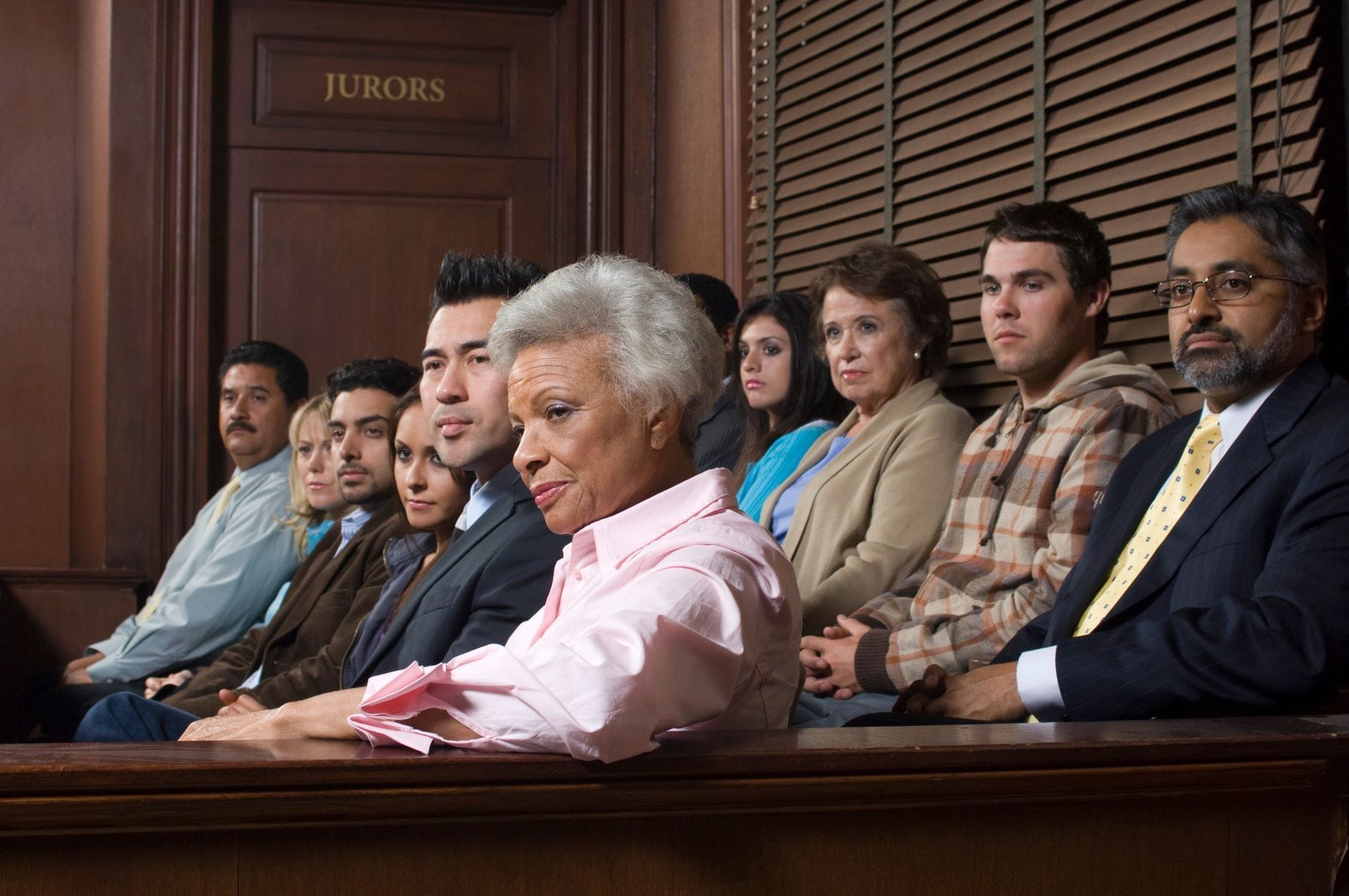Georgia Court of Appeals Affirms $4.5 Million Award in Spinal Device Injury Suit
A Georgia-based orthopedic surgeon's appeal against a $4.5 million judgment in favor of a female patient, Amy Douglas, was dismissed by a state appellate court. The defendants, Dr. Thomas Lawhorne III and Optim Orthopedics LLC, argued that the trial judge erred by instructing the jury to ignore mentions of insurance and disability benefits.
Updated on
The Georgia Court of Appeals clarified on Monday that a precautionary directive to the jury, even on an issue that was not presented as evidence but was clearly relevant to the case, does not constitute a reversible mistake. Judge Christopher J. McFadden noted that a trial judge has the authority to issue such a directive “if any improper circumstance” was introduced during the trial.
During jury selection (voir dire), a prospective juror with an insurance industry background disclosed a potential bias. They stated they tend to counter arguments for large monetary awards based on the notion that "it doesn't hurt anybody." This juror typically reminds others that insurance companies ultimately bear the cost of such awards.
Additionally, the court noted that testimony from Amy Douglas's pain management physician included references to assisting her in obtaining disability. The judges interpreted this as potentially alluding to disability insurance benefits.
During trial, neither party lodged a contemporaneous objection regarding the juror's comment about insurance or the doctor's testimony on disability benefits. On appeal, Lawhorne argued the juror's statement wasn't technically "evidence," but the appellate panel disagreed. They emphasized the trial court's broad discretion to address not just improper evidence, but also "any improper circumstance" introduced during proceedings.
Similarly, the lack of a contemporaneous objection regarding the doctor's testimony about "disability papers" weighed in favor of the trial court's decision. The panel found the doctor's statements clearly implied Ms. Douglas sought financial benefits beyond the lawsuit. This justified the court's curative instruction to the jury to disregard any mention of insurance or other benefits.
Lawhorne further argued the timing of this instruction, delivered during closing arguments rather than immediately following the doctor's testimony, was improper. However, the panel cited precedent allowing such curative instructions during final charges, absent a timely request for an immediate one. Here, the absence of any objections or requests throughout the trial ultimately led the panel to conclude the timing of the instruction did not constitute an abuse of discretion.
In the original trial, a Chatham County jury awarded Ms. Douglas $4.5 million in her medical malpractice case against Dr. Lawhorne and Optim Orthopedics LLC. The case arose from Dr. Lawhorne's implantation of a spinal cord stimulator (an implanted device that sends electrical pulses to the spinal cord to manage chronic pain) in an incorrect location in September 2017.
The jury found the defendants liable for a breach of the standard of care by performing an unnecessary surgery. This procedure caused Ms. Douglas significant pain and necessitated corrective surgeries to remove the misplaced device and repair a damaged spinal nerve root, the initial segment of a spinal nerve as it exits the spinal cord.
According to the plaintiff's co-counsel Jeremy McKenzie, the lawsuit became necessary after Dr. Lawhorne discharged Ms. Douglas following her initial post-operative visit without documenting the misplacement or informing his colleagues.
Notably, Dr. John Sarzier, a former partner at Optim Orthopedics who later corrected the complications from Dr. Lawhorne's surgery, testified for Ms. Douglas. Dr. Sarzier was subsequently dismissed from the practice.
The case reached a turning point when Dr. Lawhorne himself admitted to the surgical misplacement during the trial, finally taking responsibility after the jury had been presented with substantial evidence.
In this legal matter, the defendants, Dr. Lawhorne and Optim Orthopedics LLC, are represented by a team from Huff Powell & Bailey LLC, including R. Page Powell Jr., Alexander C. Vey, Daniel J. Huff, and T. Daniel Tucker.
The plaintiff, Ms. Douglas, has retained counsel from two firms: Jeremy S. McKenzie and C. Dorian Britt of Karsman McKenzie & Hart, along with Robert Bartley Turner and Carolyn Spellman of Savage Turner Pinckney Savage & Sprouse.
The appellate panel for the Georgia Court of Appeals consisted of Judges Christopher J. McFadden, Amanda H. Mercier, and Brian M. Rickman. The case, identified as Lawhorne et al. v. Douglas, carries the docket number A24A0556 in the Georgia Court of Appeals.


